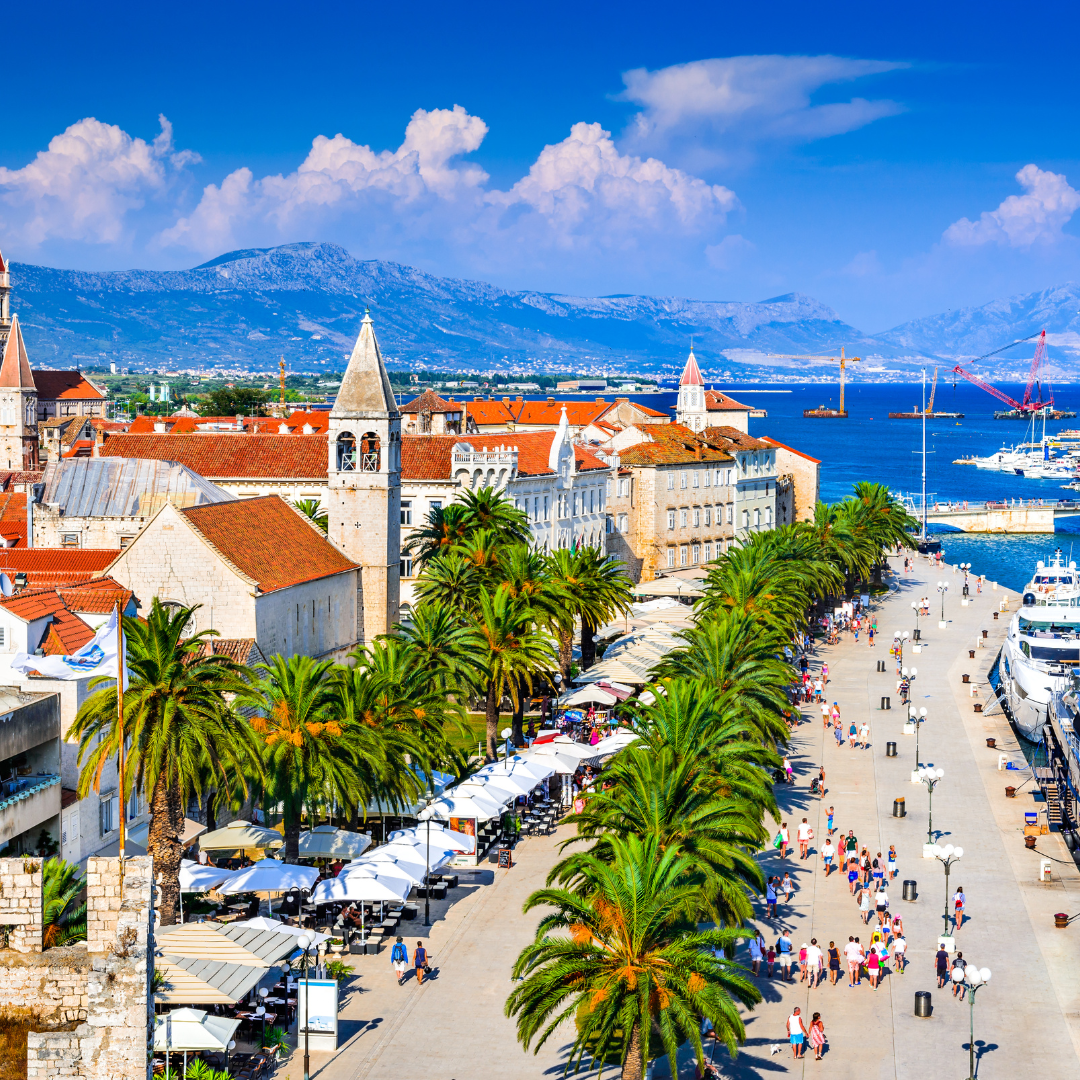Top Croatia Travel Tips
Assuming you are looking for tips for travelling to Croatia, firstly make sure you have your passport and other travel documents in order before you go. Croatia is a member of the European Union, but it is not part of the Schengen Area, so you will need a passport to enter the country.
Here are some other things to keep in mind while travelling to Croatia.
Plan for the shoulder season
The shoulder season in Croatia is the time between the high season’s end and the low season’s start. Usually, the weather starts to cool down and the crowds have thinned out. If you’re thinking of travelling to Croatia during the shoulder season, here are a few things to keep in mind: The weather during the shoulder season can be unpredictable, so it’s important to pack a mix of both warm and cool weather clothing. Croatia is a coastal country so the weather can be quite warm during the day, but it can also get chilly at night. Shoulder season is a great time to find deals on accommodation and activities, as fewer tourists are around.
However, some businesses may be closed during this time of year, so it’s important to do your research in advance. The shoulder season can be a great time to visit the country, as the weather is usually still pleasant and the crowds have thinned out.
Book in advance
If you’re planning a trip to Croatia, booking your travel arrangements in advance is a good idea. You can get the best possible deals on flights and accommodation. Plus, booking ahead of time gives you more time to research your options and ensure you’re getting the most out of your trip.
Carry Cash
In Croatia, it is advisable to carry cash with you, as many places do not accept credit or debit cards. This is because the country is not as developed as other Western European countries and thus has not adopted the use of credit and debit cards as widely. Additionally, carrying cash is a good way to ensure you have enough money to cover your expenses while in Croatia.
Know the tipping etiquette
Generally, it is considered good etiquette to tip 10% of the bill in a restaurant in Croatia. However, if the service is particularly good, you may want to consider increasing the tip to 15% or 20%. If the service is poor, you might want to leave a smaller or no tip.
Visit more than just Dubrovnik in Croatia.
If you’re planning a trip to Croatia, you shouldn’t limit yourself to just Dubrovnik. Although Dubrovnik is a beautiful city, there’s much more to see in Croatia. From the stunning Plitvice Lakes to the historic city of Split, there’s a lot to explore. So don’t miss out on all that Croatia offers – plan a trip that includes more than just Dubrovnik. There’s more to Croatia than just Dubrovnik. The country has a lot to offer in terms of culture, history, and natural beauty. If you’re looking for a truly unique vacation experience, check out some of Croatia’s other amazing destinations.
Check out a national park.
There are many national parks in Croatia for tourists to explore. Each offers different activities and scenery for visitors to enjoy. The most popular national parks include Krka National Park, Plitvice Lakes National Park, and Risnjak National Park.
Embrace the bus
Croatia has an excellent bus system that makes getting around the country a breeze. The buses are comfortable, reliable, and reasonably priced, so there’s no need to worry about driving yourself around or spending a fortune on taxis or rental cars. Whether planning a day trip or a longer vacation, embracing the bus is the best way to see Croatia.
Understand the ferry system
To understand the ferry system in Croatia, one must first understand the country’s geography. Croatia is an Eastern European country that is situated along the Adriatic Sea. The country is made up of over a thousand islands, many of which are uninhabited. The ferry system in Croatia is used to connect the inhabited islands with the mainland. There are two types of ferry service in Croatia: local and international. The local ferry service is for passengers travelling within the country. The international ferry service is for passengers travelling to Croatia from Italy or Greece. There are also special ferry services for passengers travelling by vehicle.
The ferry system is operated by the Croatian Ministry of Sea, Transport, and Infrastructure. The ministry is responsible for the safety and security of all ferry passengers.
Finally, familiarize yourself with the local currency, the kuna. Croatia is not on the euro, so you will need to exchange your currency for kuna when you arrive. Be prepared for some language barriers. Croatian is the official language in Croatia, but many people also speak English, especially in tourist areas.

